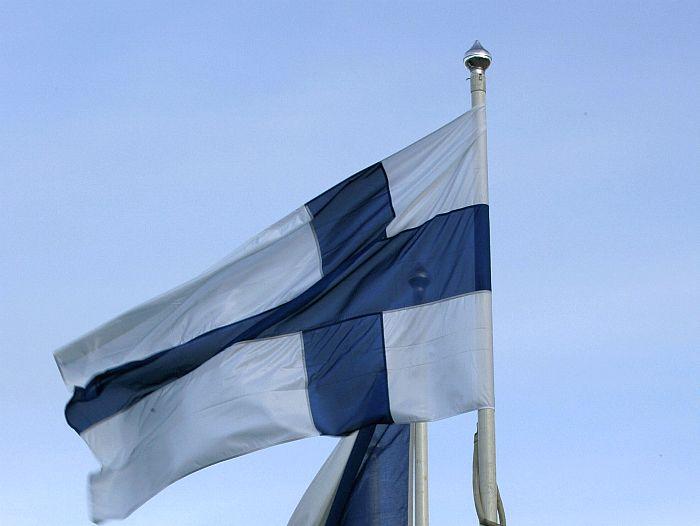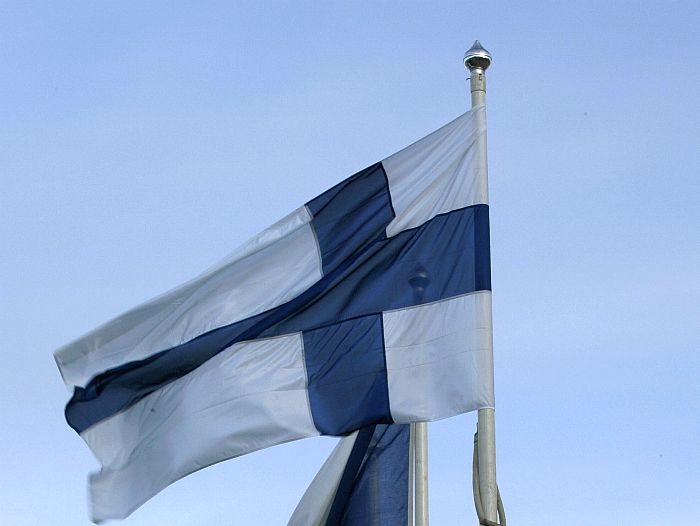GOTHENBURG, Sweden—The number of foreign spies in former Cold-War-spy-hub Finland rose during 2012, according to Finnish intelligence services. Espionage mainly targets the country’s international relations.
During the first decade of the new millennium, espionage in Finland has shifted from domestic affairs to international relations. Finland’s policies toward NATO and the EU, and its security policies in general, are the main areas of interest for foreign intelligence, according to a recent report from the Finnish Security Intelligence Service (Skypo). Industrial espionage is also a problem.
The goals of political espionage, according to Skypo’s director of communications, Liinu Lehto, are to glean possible shifts in Finnish security policy guidelines, changes in EU policy in relation to non-EU countries, and keep an eye on Finland’s NATO stance. Finland is currently not a member of NATO.
Lehto said that many countries are interested in these issues, since shifts in the security policy context can affect their decision-making. Countries also try to influence Finnish policies to ensure that there are no unfavorable changes affecting their own spheres of influence.
“Different spies assume different roles, but the most common cover is that of the diplomat,” Lehto said.
Skypo does not want to name the intelligence-gathering countries active in Finland, however.
According to Lehto, espionage against Finland may have caused significant damage, primarily that which targets high-tech research and its practical applications.
Helsinki, the capital of Finland, is an old hot spot for international espionage. Due to its location—wedged between the former Soviet Union and the West—it was a strategic platform for spies during the Cold War.
Today, however, the situation is very different, according to Markku Kangaspuro, research director at the Aleksanteri Institute of the University of Helsinki.
“Finland is no longer any kind of political window between Russia and the West,” Kangaspuro said. “Our position is not the same as during the Cold War. It used to be a strategic field to get information.”
The NATO issue is not so hot in Finland at the moment, Kangaspuro said, but other nations are watching Finland’s relation to NATO closely.
“The main question is certainly the discussion on Finland’s possible NATO membership and Partnership for Peace relation. The question is on how close Finland’s military cooperation with NATO is. Both aspects are carefully followed from both East and West,” he said.
“Russia is against Finnish NATO membership. I believe in Sweden there are multiple approaches, and NATO members in principle don’t have anything against Finnish membership. Some Baltic countries are eager to promote it,” he said.
Finnish companies targeted by spies include those in the energy and chemical sector, according to the Skypo report. Out of 400 companies surveyed, 12 percent said that they had been the victims of industrial espionage, and a further 16 percent said they suspected they had been spied on.
Espionage is seriously harming Finnish companies and the competitiveness of the entire country, Skypo Director Antti Pelttari said, according to Huvudstadsbladet. The extent of the damage is hard to assess, since it is not known how many companies are affected.






